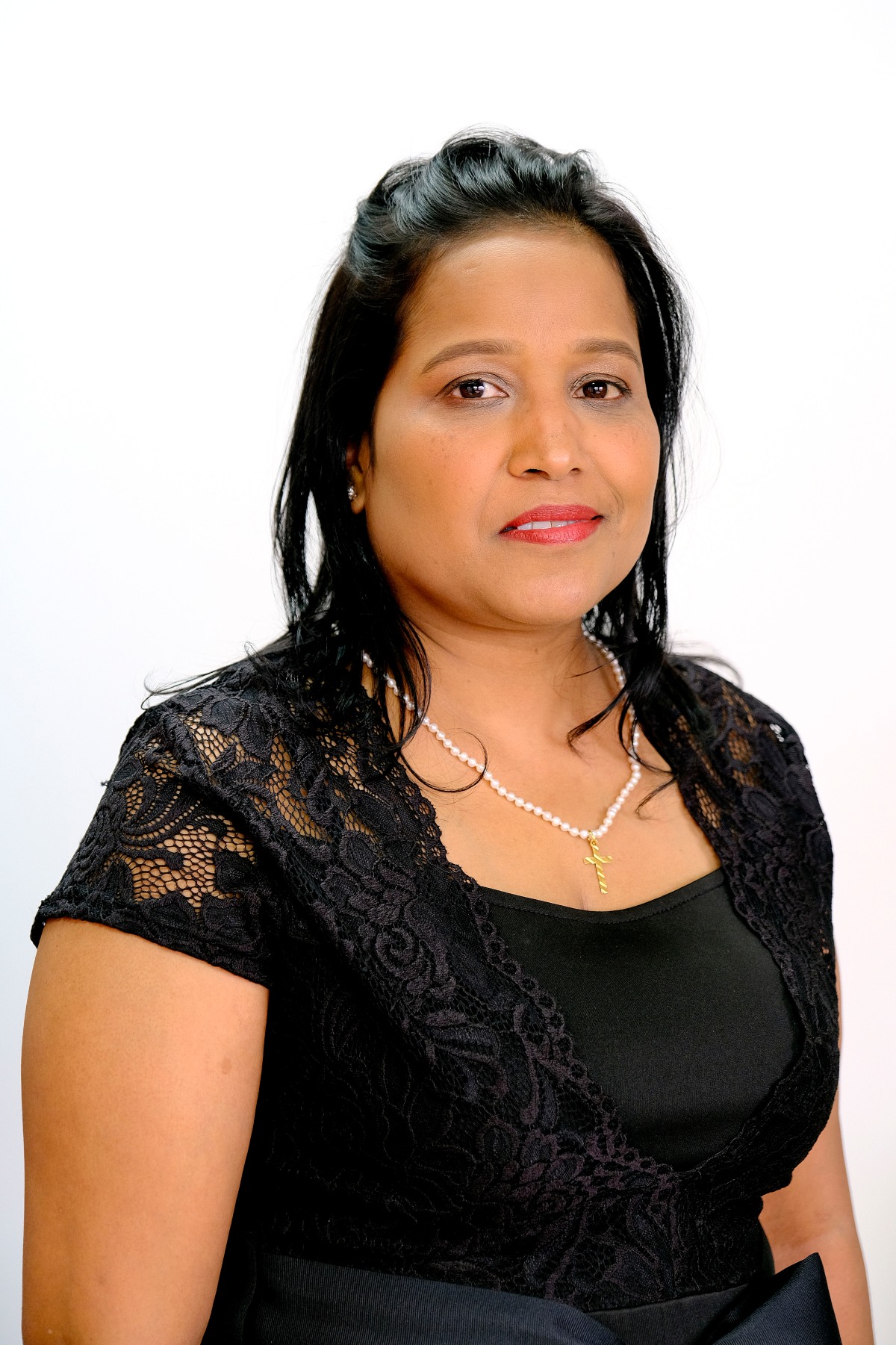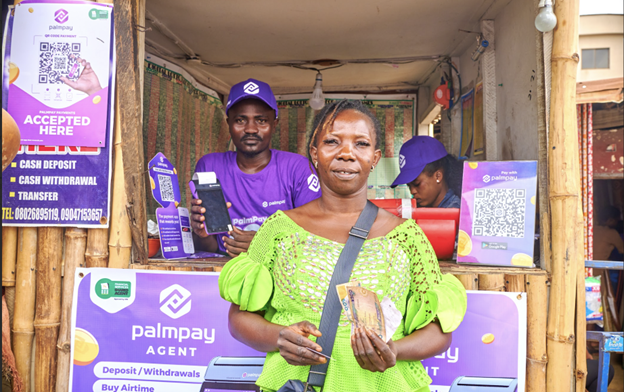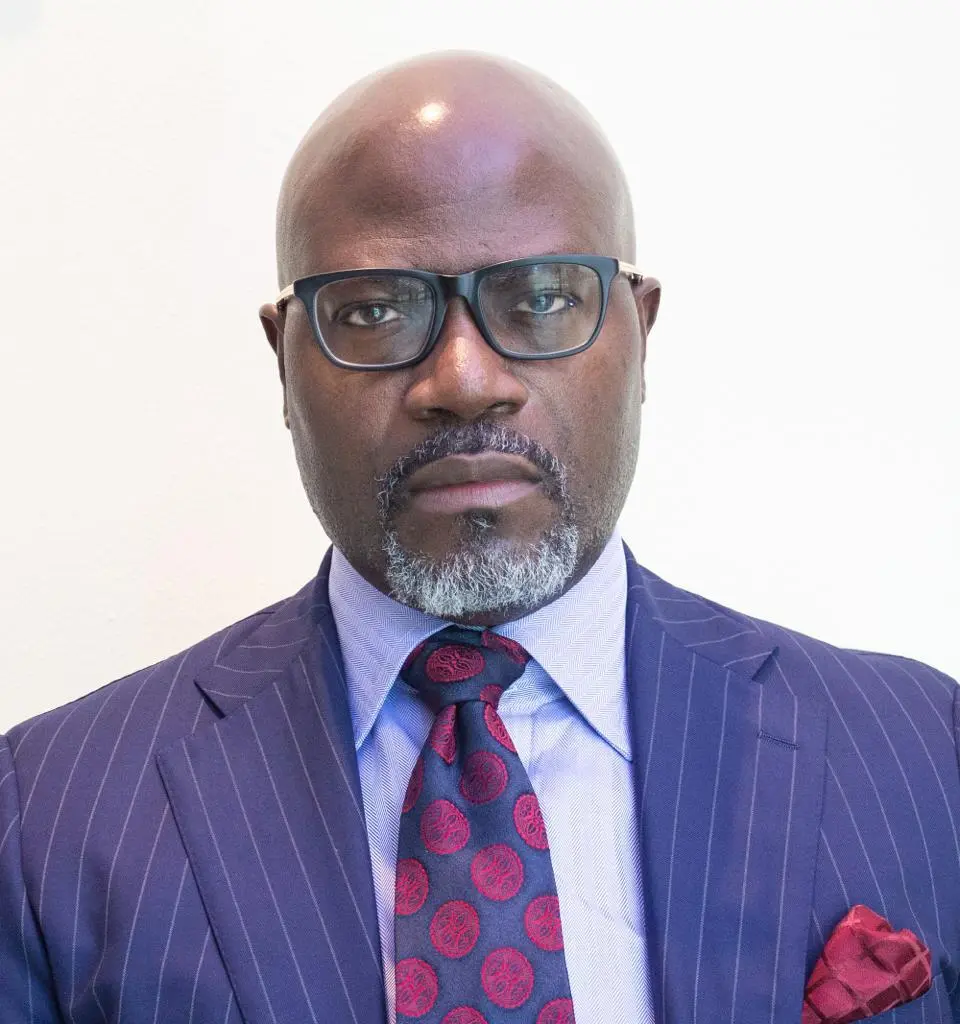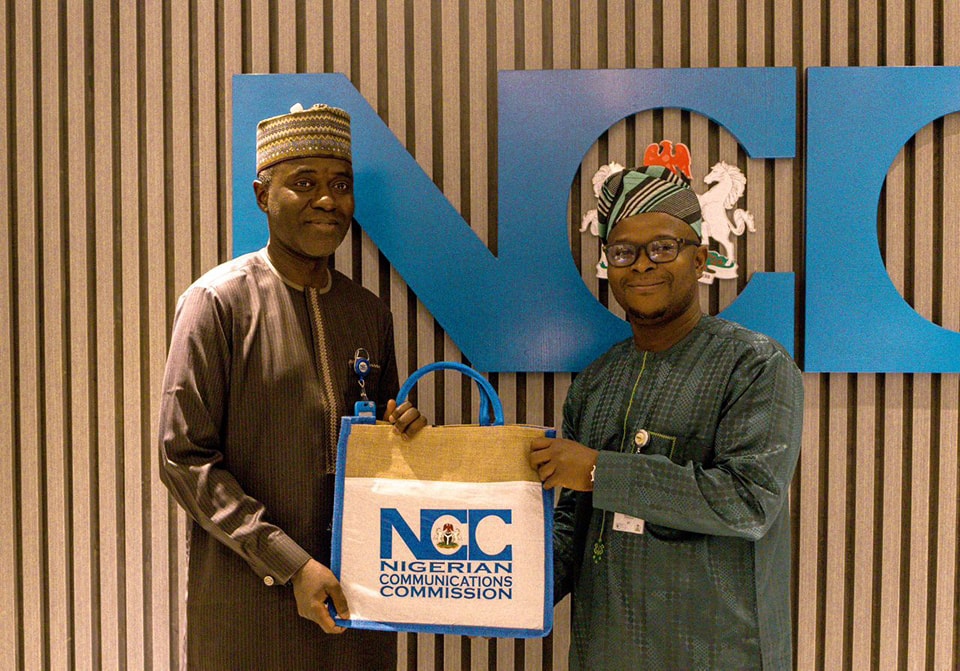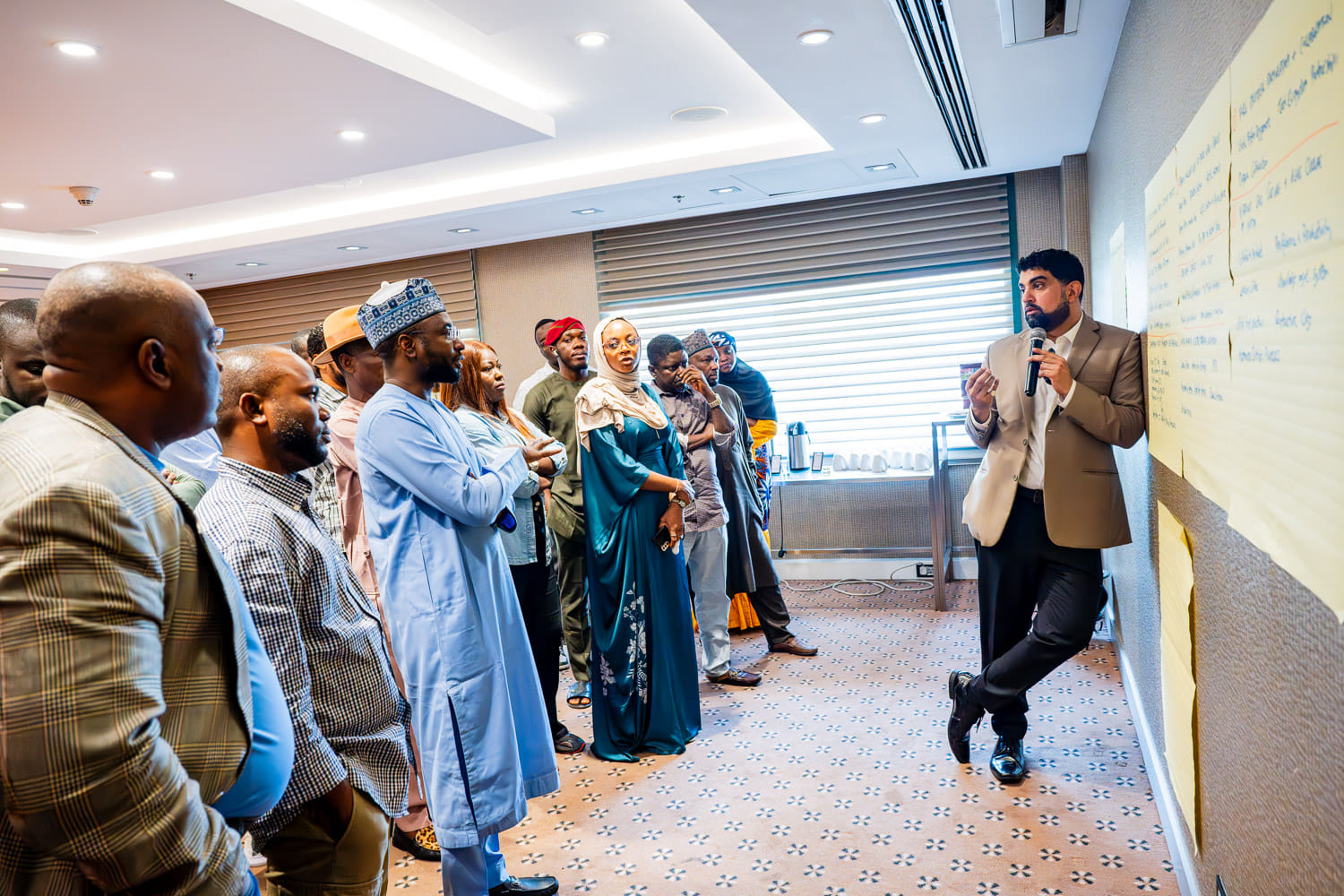As software spend in South Africa increases again after a dip in 2020, many enterprises are wondering how to negotiate better deals. Dealing directly with large software publishers is a challenging and complex task for many organisations. Marilyn Moodley, Country Leader for South Africa and West, East, and Central Africa (WECA) at SoftwareOne, gives advice on how to broker the best possible deal.
- Do your homework
Start preparing for negotiations well in advance, says Moodley. “Precisely how long you will need to prepare differs from organisation to organisation and the size of the contract. For major contracts, you should start preparing six to 12 months before negotiations will begin. This might seem like a long time, but it’s crucial to gather enough data and talk to people across your organisation about their software use and future needs.”
- Start with what you have
Understand exactly what licences you have purchased and which products and features are included in them. Not knowing the exact details of what you are entitled to use could lead you to buy more than you really need. And anything that is underutilised could be the basis for cost savings. “Then, look to the future. Speak to your C-suite to understand where they see the business going so that you can provide for the future. If you’re negotiating a 3-year contract for a central part of IT infrastructure, you need to know whether senior management is planning a series of mergers or if your sales and marketing team is planning a big shift to more data-driven campaigns. Your decisions now will support the future direction of the business. Be sure to get involvement from all departments,” says Moodley.
- Have a clear negotiation strategy
As with any negotiation, you should have clear objectives. What do you want to achieve from these negotiations? What does the best contract for your business look like right now? How are you going to achieve that result? How will the vendor respond to your approach and position?
Then, follow the basic rules: All communication should be through one person only, with no informal discussions where important information might be unwittingly given away or verbal agreements made. Keep things cordial, polite, and professional. And always have a plan B. “Timing is also important,” says Moodley. “Don’t wait until a contract is nearly at its end, when the urgency gives the vendor an advantage.”
- Negotiate the entire contract, not just the price
Today’s easy access to cloud services, shadow IT, fast-evolving business needs and increasing digitisation have all added to the complexity of software negotiation – not to mention the explosion in the number of software providers that a typical company has to deal with.
This complexity makes it hard to see exactly what you are getting, and it means that terms and conditions are often overlooked during negotiations. But because the devil is in the details, terms and conditions are often your best chance of tipping the balance of a contract in your favour, says Moodley. “For instance, if your company is likely to be active in mergers and acquisitions, it is possible to add a no-audit clause, valid for a certain period. Or some vendors could be willing to negotiate unlimited usage for an agreed price for a certain period of time. At the end of that term, real usage will be measured, and that will form the basis for setting the price for the remaining period of the contract.”
- Consider expert help
Third parties who specialise in software negotiations, such as SoftwareOne, have benchmarking information, insight into market trends, and an understanding of vendors’ drivers and motivations that could lead to a much better deal. “As a customer, you only get to see one contract every few years. Third parties negotiate on behalf of many customers and have key data and intelligence on contract terms, pricing, and available discounts. They know how much your competitors are paying, and what you should be aiming for. Though this is an added immediate expense, it can save you a bundle in the long term.”

